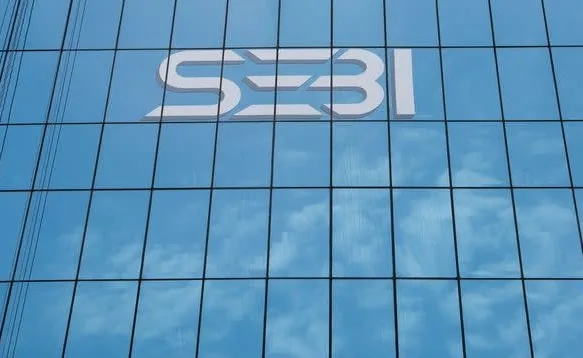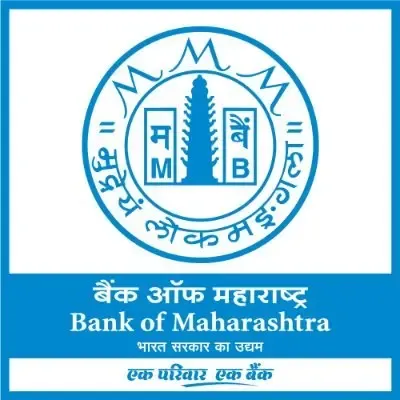Could SEBI's Demat Rule for Key IPO Shareholders Change the Game?

Synopsis
Key Takeaways
- SEBI's proposal mandates demat form for key shareholders.
- Aims to eliminate risks associated with physical share certificates.
- Applicable to a broad range of shareholders, including directors and qualified institutional buyers.
- Public feedback is welcome until May 20.
- Warning issued against unregulated online opinion trading platforms.
Mumbai, May 1 (NationPress) The Securities and Exchange Board of India (SEBI) has put forward a groundbreaking proposal that might require specific key shareholders to maintain their shares in demat form prior to a company's submission for an initial public offering (IPO).
In a recent consultation document, the capital markets regulator stated that this rule would be applicable to directors, key managerial personnel, senior management, current employees, selling shareholders, and qualified institutional buyers.
If this proposal receives approval, its intent is to eliminate risks and inefficiencies associated with physical share certificates, which can include loss, theft, forgery, and delays in transfer and settlement.
Presently, SEBI mandates that promoters must dematerialize their holdings before an IPO takes place.
However, the regulator has observed that numerous other crucial shareholders continue to possess physical shares even when a company is about to go public.
This discrepancy creates a vulnerability in the system and may lead to complications post-listing. To address this issue, SEBI is looking to broaden the scope of the rule.
It has proposed that all specified securities held by promoter groups, directors, key managerial personnel, senior management, selling shareholders, qualified institutional buyers, and even domestic employees or shareholders with special rights must be held in demat form before the IPO documentation is submitted.
The suggested regulation would also extend to stockbrokers, non-banking financial companies (that do not qualify as systemically important), and other regulated entities if they hold any such shares.
SEBI is currently seeking public feedback on this proposal, with comments open until May 20.
In a separate development, the market regulator issued a strong caution to the public regarding online opinion trading platforms, stating that these platforms operate beyond its regulatory oversight and do not provide any investor protection under current securities laws.
In its advisory, SEBI elaborated that these platforms enable users to trade based on the outcomes of simple yes-or-no scenarios.
For example, users can place bets on whether a specific sports team will win or if a particular political decision will be made.
na










